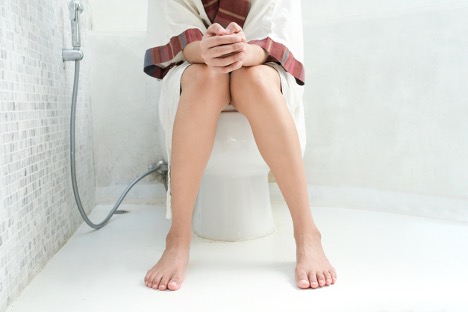Diarrhea, characterized by loose, watery stools occurring more frequently than usual, is a common ailment affecting people of all ages. While inconvenient and uncomfortable, it’s usually short-lived and resolves on its own. However, in some cases, diarrhea can be a sign of a more serious underlying condition and requires medical attention. While most cases resolve within a few days with proper home care, some situations require seeking medical advice. Don’t hesitate to visit Narayana Institute of Cardiac Sciences Bommasandra or a healthcare facility near you if you experience.
Understanding the Causes
Diarrhea has various triggers, from viral and bacterial infections to food intolerance and medication side effects. Here are some common culprits:
- Viral Infections: Rotavirus, norovirus, and adenovirus are notorious for causing diarrhea, especially in children.
- Bacterial Infections: E. coli and Salmonella are examples of bacteria that can contaminate food or water, leading to diarrhea with accompanying cramps, fever, and nausea.
- Parasites: Giardia lamblia, a parasite commonly found in contaminated water, can cause prolonged diarrhea, gas, and weight loss.
- Food Intolerance: Lactose intolerance, where the body struggles to digest lactose (sugar found in milk), can lead to diarrhea, bloating, and gas after consuming dairy products.
- Medications: Antibiotics can disrupt gut bacteria leading to diarrhea.
When to Seek Medical Attention
While most cases resolve within a few days with proper home care, some situations require seeking medical advice.
Seek immediate care if you experience:
- Severe dehydration: Signs include excessive thirst, dry mouth, dizziness, or lightheadedness when standing up.
- Bloody stools: Blood in the stool can indicate an underlying condition requiring medical attention.
- High fever: A fever exceeding 102°F (38.9°C) could point towards a more serious infection.
- Persistent diarrhea: Diarrhea lasting longer than 3-4 days in adults and 2 days in children could be a sign of a chronic condition.
Additionally, consult a doctor if:
- You have a weakened immune system due to chronic illness or medication.
- You are pregnant.
- You are an infant or an older adult as they are at higher risk of complications from diarrhea.
Home Management Strategies
If your diarrhea case is mild and doesn’t warrant a doctor’s visit, here are some tips for managing it at home:
- Hydration is Key: Replenish lost fluids and electrolytes with oral rehydration solutions (ORS) readily available at pharmacies. Avoid sugary drinks like soda, which can worsen diarrhea.
- Dietary Adjustments: Opt for the BRAT diet (Bananas, Rice, Applesauce, Toast) – bland, easy-to-digest foods. Avoid greasy, spicy, or high-fiber foods that can irritate the gut.
- Probiotics: These supplements contain live bacteria that can help restore gut flora balance disrupted by diarrhea and antibiotic use. Infants are given probiotic-rich goat milk formula in the absence of breastmilk to prevent constipation, diarrhea, and other allergies.
- Over-the-Counter Medication: Medications like loperamide (Imodium) can help slow down bowel movements, but consult with a pharmacist before taking them, especially if you have other health conditions.
- Rest: When you are resting, your body has more resources dedicated to healing.
Preventative Measures
Here’s how you can prevent diarrhea:
- Frequent Hand Washing: This simple practice significantly reduces the spread of infectious agents that cause diarrhea.
- Safe Food Handling: Wash fruits and vegetables thoroughly, cook meat to proper internal temperatures, and avoid consuming undercooked or spoiled food.
- Travel Precautions: Be cautious about food and water safety when traveling, especially in areas with poor sanitation.
- Manage Stress: Stress can contribute to digestive issues. Techniques like yoga or meditation can help manage stress levels.
Conclusion
Diarrhea can be a disruptive experience, but by understanding its causes and implementing effective management strategies, you can recover quickly and prevent future episodes. Listen to your body, prioritize hydration and gut health, and seek medical attention whenever necessary. By taking these steps, you can navigate diarrhea effectively and get back to feeling your best.
